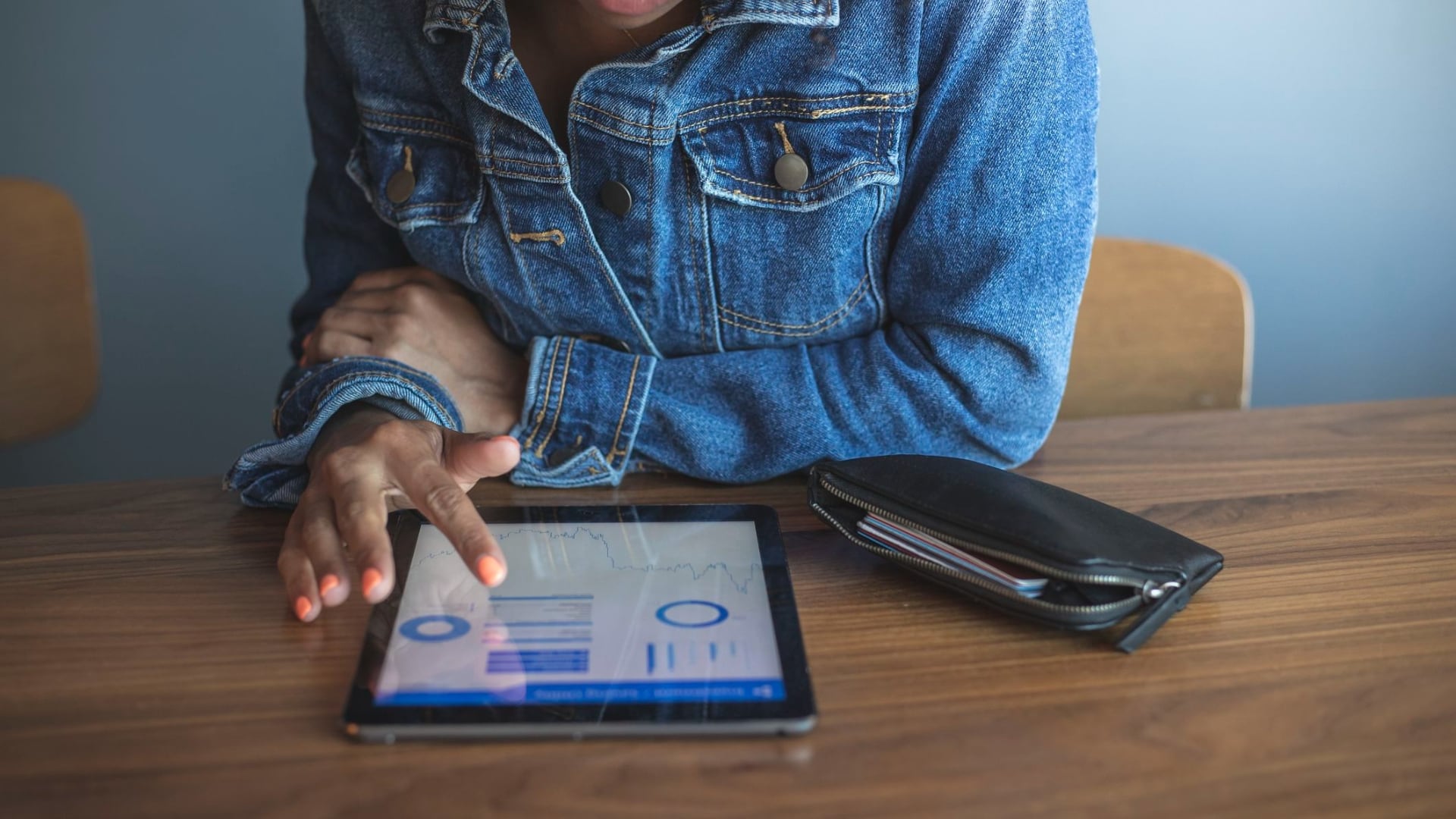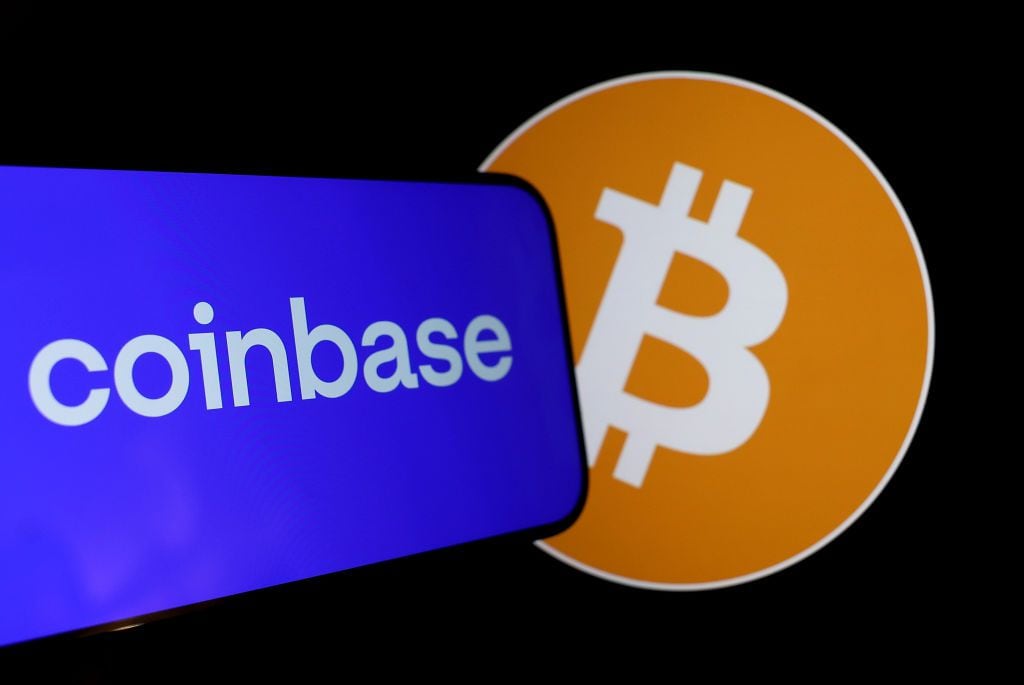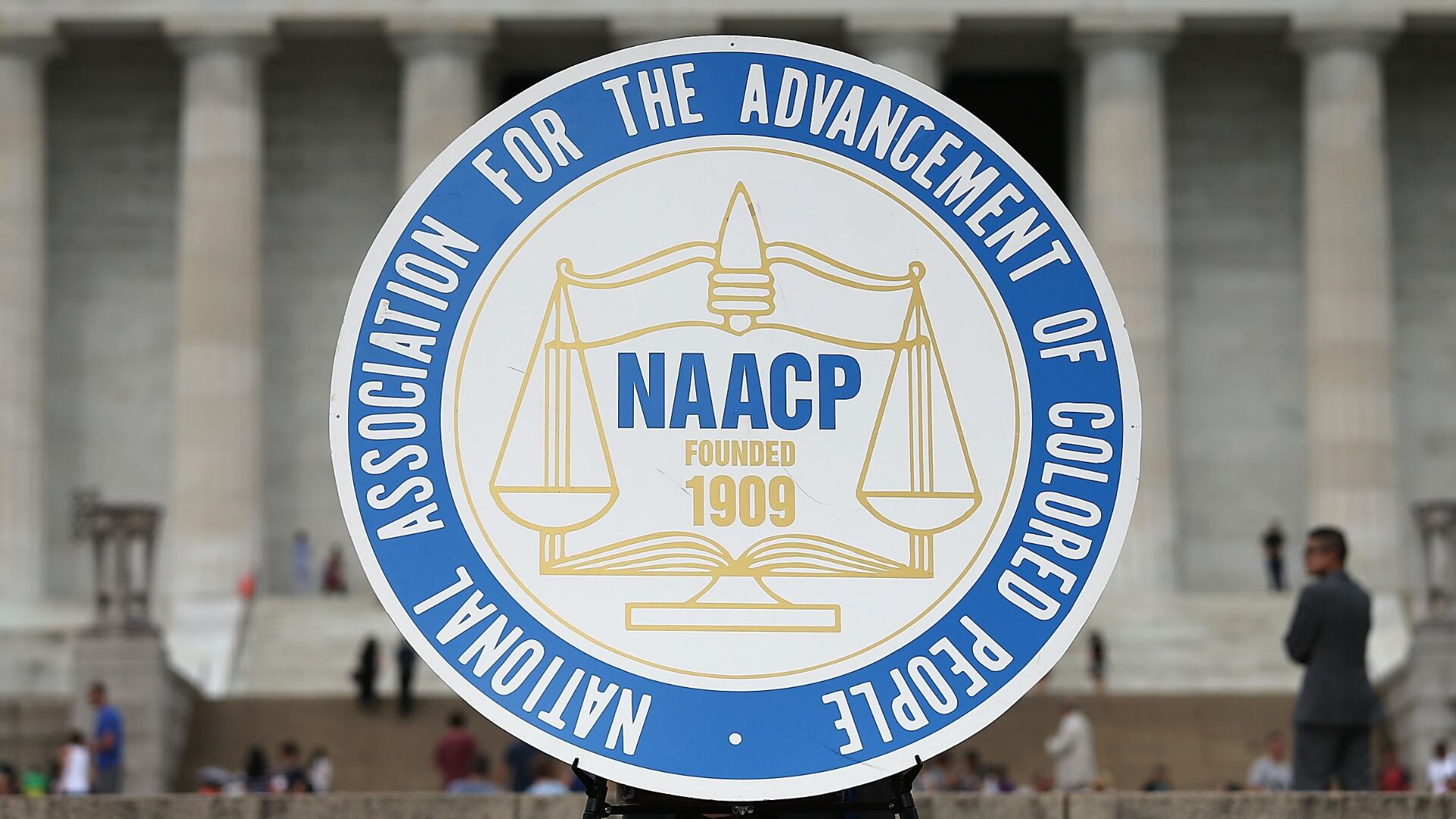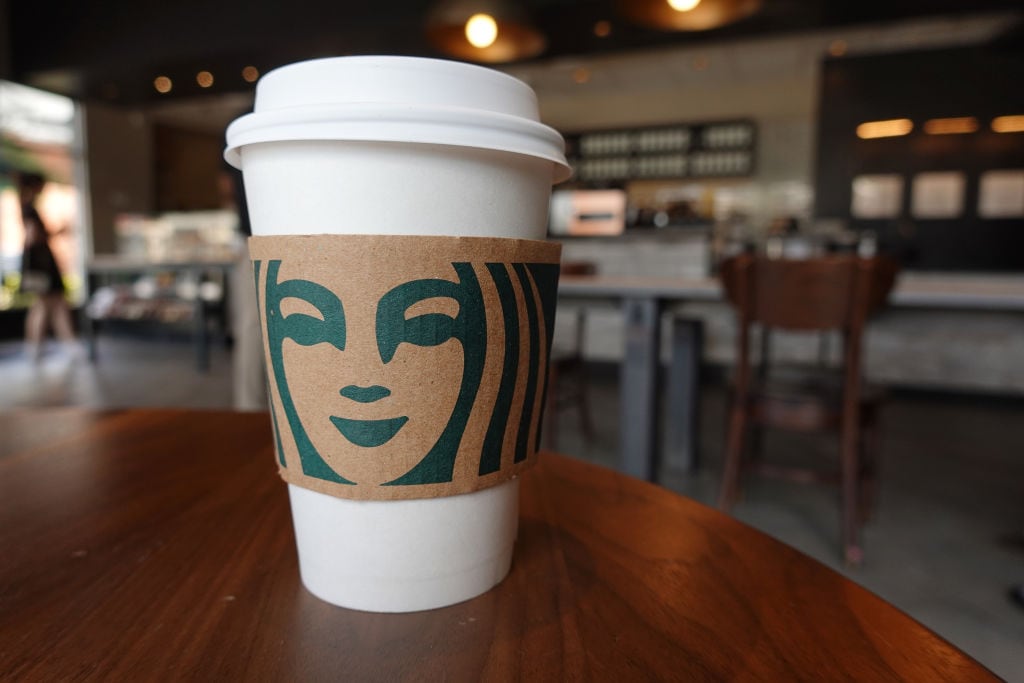By Kenny Herzog - Entrepreneur Digital Content Director
This story was first published on Entrepreneur.com.
Hudson Hale is, by his own account, young and "really healthy." But when he contracted COVID-19 in early September, it still took a toll. "I lost my taste for about a week and a half," the 17-year-old Portland, Oregon high schooler and COVID Candies creator recounts during a Zoom call. Behind him, Hale's laboratory-like basement workspace is bedecked with design sketches, a framed New Yorker cover and copious notes scribbled in neon green on a translucent dry-erase board. "And I was super nauseous throughout, and I had kind of a mild headache, always kind of in the back of my head."
He wasn't alone in the Hale household. His mother, who experienced similar symptoms, also fell ill with the virus, as did his little sister. His father, who isolated from the family, was the only one spared.
But the ordeal got Hale's gears turning. He is, by his own admission, "naturally someone who's happier when I'm busy," adding, "I can't really stand it when I'm occupied in my own mind and slacking off." He gets that from his folks — mom owns a restaurant chain and dad runs a house-building company — but also admires iconic innovators like Steve Jobs (in his crisp black hoodie, Hale calls to mind a hybrid of Jobs and Mark Zuckerberg). And he knew he couldn't sit idle after being fortunate enough to recover to full health.
"I was actually sitting right here in my workspace," he explains, surveying his constructively cluttered environs. "And I was thinking it really sucks that I had Covid and was sick, and I really want to be able to help other people." The problem, he realized, was figuring out exactly how to contribute. "I didn't really have any money," he recalls. "I already volunteered my time for this other organization — I had a bunch of 3-D printers, so I printed some face shields for people on the front line. But I felt like there was something more I could do."
So Hale started brainstorming catchy branding ideas around Covid that didn't seem insensitive or crass. He was drawn to something alliterative, landing on the hard-"c" synchronicity of COVID Candies. (While Hale's product spells out "COVID" in all capitals, it is Entrepreneur style to just capitalize the "C.") Initially, he thought, "It sounds kind of stupid. I mean, they juxtapose each other. No one wants to eat food with 'COVID' written on it."
Nevertheless, he determined, "I'm young. I have nothing to lose, so I was like, 'OK, I'll create a candy brand.'"
Related: These 13-Year-Old Board Game Creators Can Teach All Entrepreneurs a Thing or Two
Inspired by curiously coronavirus-shaped Japanese sugar candy kompeitō, Hale began working up illustrations for packaging and the confection itself. Again acknowledging his inexperience as a virtue, he concedes that "the fact that I was a little naive definitely allowed me to just kind of dive head-first and make mistakes and try to figure things out."
One of the things Hale immediately realized was he couldn't do it alone. Surprisingly, he didn't lean on his entrepreneurial parents for guidance. Instead, he recruited his friend, 18-year-old Ryan Westcott, whom Hale describes as "kind of like the Steve Wozniak" to his Jobs-like ideator. Of Westcott, Hale says, "He's like the technical person who is able to kinda like make everything work and make sure that my ideas don't crumble."
Westcott created a website with the capacity to accept most quick-click virtual payments, in addition to helping streamline the intake and shipping processes. All of which was crucial given Hale's aim to donate 100 percent of proceeds from the $12-a-pack snack to Covid-related research and response. They are working specifically with three such organizations — he did not mention which — and Hale says that, thanks to Westcott's site architecture, "The good part is when we have sales, we don't actually stack all our money up and then donate it out after we've sold out. When someone places an order, their money is donated directly to those organizations right after they purchase."
Related: Why Did This 17-Year-Old Turn Down $8 Million for His Coronavirus-Tracking Website?
Thanks to word-of-mouth and some local media coverage, the site has been inundated with more orders than it can fulfill without occasional delays. (Hale is, after all, still juggling his studies amid an unprecedentedly volatile school year.) For Hale, it's basically real-time proof of concept that he can intuit a market need and fulfill it. Or in his own words, "It's kind of what we call a smoke test, like when you're trying to like release ads into a social media platform. This is trying to create it and just learning a whole lot of information on how into actually do something like this and scale it up."
To have done so in support of a charitable product that could have easily alienated customers on sight will certainly give Hale some leverage if and when he pursues outside funding for his next endeavor. And like most 17-year-olds, he's already mulling how to modify gene-editing tech to mitigate the spread and severity of chronic and fatal diseases.
"One of our really close family friends was just diagnosed with a rare blood cancer," he says, "and I hope that technology develops in a way that we're able to create biotechnology and nanotechnology to really help people elevate the quality of their lives. I don't think anyone should have to go through Parkinson's or a blood cancer or anything that can completely alter the quality of their life in a way that their one focus is just survival. Then humanity can flourish even more than it already has, and so many more people can help create and discover."
Opinions expressed by Entrepreneur contributors are their own.













